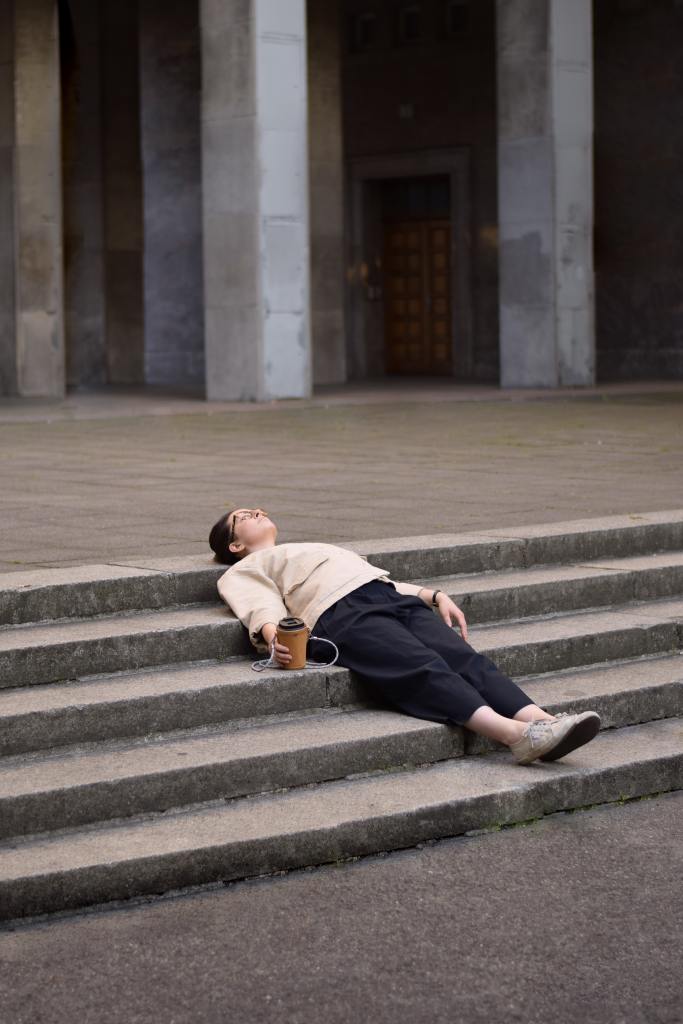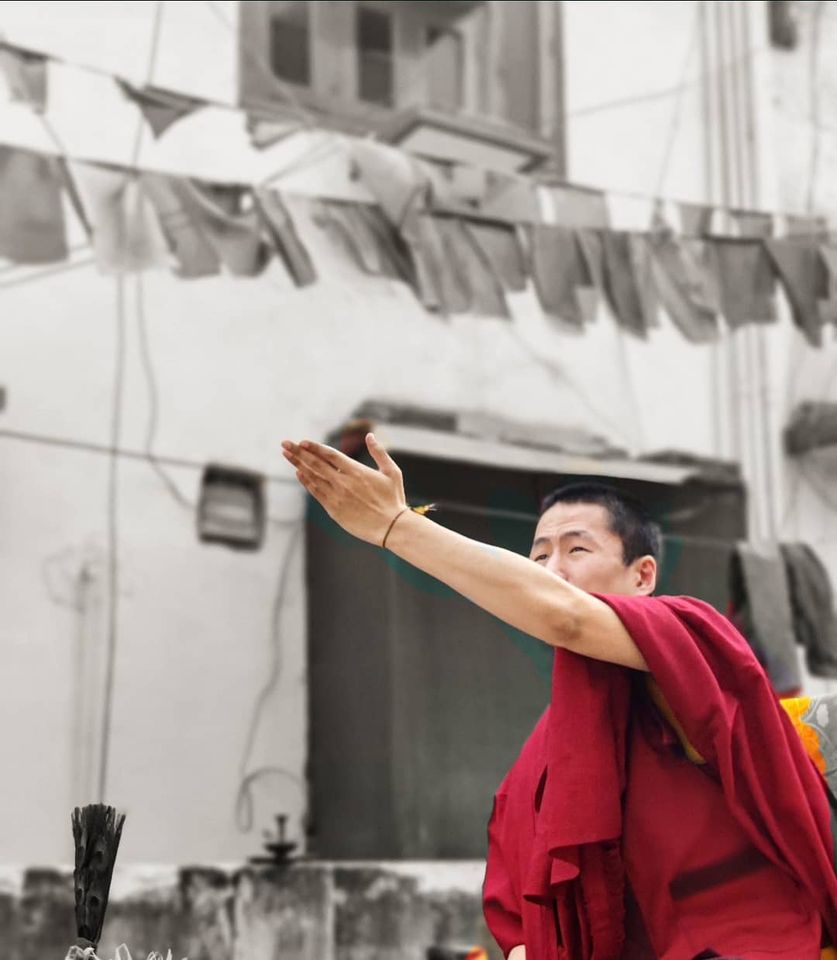
I found myself having to really question myself as to what I was doing. Professionally I was promoting self-care to everyone at work, and to the audiences at the lectures I was presenting. I felt like a fraud at times as I wasn’t practising what I was preaching myself. I had to do what it said on my packet I had to stop and have a break for myself. That meant a stop to the blogging and the daily writing. It was supposed to only be for a few weeks but it ended up being three months, and it was okay. I’ve restarted things again but at a smaller scale. I started timing myself for ten minutes a day. I would write for a minimum of ten minutes a day and what would appear would appear and we would see how it all went.
I was back again, writing daily, posting to the blog daily and it felt good. I hadn’t realised how much I had missed the therapeutic aspects of the writing. Also the writing community engagement had been missing over the three month period. I was back in the swing of things again and it was good to feel more like myself again. Some of the pieces of writing ended up being work pieces or parts of assignments I was doing for online courses. Things started feeling too stretched last week and I had to release the pressure again. People all around me in the different parts of my life were struck down by non-Covid viral illnesses and I wasn’t keen to join them. Instead of writing I went to bed. Instead of doing 15 minutes of Duolingo Spanish I only did the bare minimum to maintain my run streak. No-one was going to reward me with a badge for least amount of sleep had in a week. Gamification of my own health wasn’t worth it, in the real world it’s not so easy to spawn yourself back.
I’ve had another short break from the writing and I haven’t beaten myself up too badly over it. I am back again today and will be back again tomorrow. It’s the accumulated efforts over time that add up. What am I writing? My dailies which will become blog posts, which will become who knows? And that is okay. I just need to use the writing muscles again. To reactivate the nerve pathways. To gather up my energy again and make something with it. Daylight savings, travelling between time zones in the past week, and general life stuff have affected how I lived my life in the past fortnight. Other things out of my control have happened and have had to be dealt with. It will all be okay. All we can do is keep on going. One foot in front of the other. One word in front of another. We’ll see where we end up. We’ll see what comes of it all. Take it easy on yourself. There’s a lot going on. Be gentle and kind to yourself.






